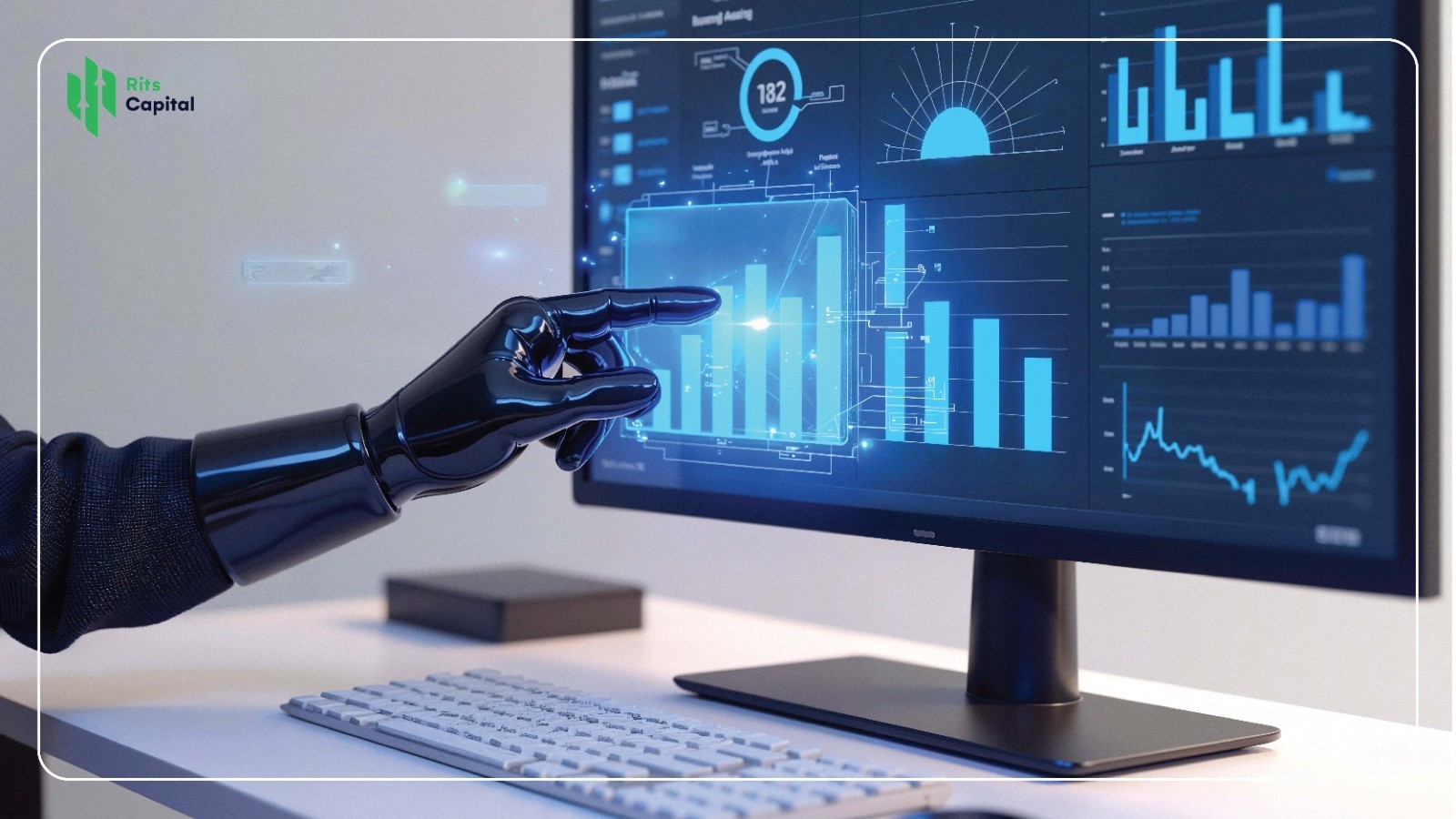Automation and artificial intelligence (AI) are transforming accounting workflows by drastically improving efficiency, accuracy, and strategic insight. In 2025, these technologies are enabling accountants and finance teams to overcome repetitive manual tasks and focus on higher-value activities that drive organizational growth.
Streamlining Data Entry and Invoice Processing
AI-powered tools automate time-consuming data entry tasks by extracting, verifying, and recording financial information from invoices, receipts, and bank statements. Tasks that once took hours now happen instantly, reducing the risk of human error. For example, advanced invoice automation can process documents up to 80% faster, with companies reporting up to 70% reductions in operational costs.
Financial Analysis and Reporting
AI excels at rapidly analyzing vast data sets and generating comprehensive financial reports in real time. Predictive analytics tools flag anomalies, uncover patterns, and help accounting teams make informed decisions about future financial performance, cash flow, and budgeting. AI’s real-time dashboards empower accountants to move beyond number crunching, becoming true data strategists who can spot risks and opportunities faster.
Enhanced Compliance and Fraud Detection
Automation and AI strengthen compliance by automatically applying complex tax rules, verifying transactions, and supporting regulatory audits. With machine learning algorithms, these systems detect unusual activities and flag potential fraud, providing a layer of protection that manual processes cannot match.
Intelligent Client Communication and Advisory
AI-powered chatbots and support tools streamline client queries, appointment scheduling, and report generation. This allows accountants to focus on more strategic work, creating more value for clients. Automation also enables firms to deliver advisory services with deeper insights, transforming the role of accountants from data processors to trusted advisors.
Cost Savings and Strategic Value
By removing the burden of routine work, AI and automation free accountants to concentrate on strategic planning, business analysis, and complex problem solving. The partnership between humans and intelligent systems improves accuracy, speeds up processes, and delivers significant cost benefits, positioning finance professionals for the future.
Frequently Asked Questions:
1. Can AI really eliminate manual data entry in accounting?
Ans: Yes, in 2025, AI-driven tools have matured to the point where most routine data entry—such as extracting information from invoices, receipts, and ledgers—can be fully automated. This drastically minimizes human error and frees accountants to focus on tasks that require critical thinking and analysis.
2. How does AI improve compliance and reduce fraud risk?
Ans: AI continuously monitors financial transactions, flags suspicious activities, and cross-checks data against complex regulatory frameworks. This constant vigilance makes it much easier to catch anomalies and comply with evolving tax, audit, and privacy rules, helping firms avoid penalties and reputational damage.
3. Will automation and AI replace accountants?
Ans: No, automation doesn’t replace accountants—it transforms their roles. While repetitive jobs are handled by intelligent software, human accountants are increasingly focused on interpreting AI insights, offering strategic advice, and communicating with clients. Human judgment remains crucial for nuanced decisions, ethical considerations, and building trust.
4. How secure is client financial data when using AI-powered systems?
Ans: Leading AI accounting solutions follow advanced cybersecurity standards, encrypting data both at rest and in transit. Automated audit trails, strict access controls, and regular security updates help protect against breaches, ensuring client information remains safe and confidential.
5. What practical benefits can a typical mid-sized firm expect from adopting automation and AI?
Ans: Firms report 40–70% time savings on previously manual processes, along with significantly fewer errors and more timely compliance. Resources freed up by automation are reinvested in more value-added services such as financial planning, analysis, and advisory—driving business growth and higher client satisfaction.

